The COHRED Fairness Index (CFI) has undergone many changes since our last Newsletter in December 2015. With the feedback from our Technical Working Group (TWG) and the input received at the Colloquium in April at the Wellcome Trust last year, we were able to create metrics by which partners would be assessed as fair collaborators against certain criteria.
In January 2016, we were made aware of some TWG Members’ concerns that a few reputable institutions would not be certified, as they did not meet some of the criteria of the CFI. It was clear that the set criteria were not flexible enough to allow for effective institutions to explain how and why they function in the way they do. Thus, COHRED reworked the tool proposed, resulting in the Research Fairness Initiative (RFI).
The RFI is a system to promote and validate fair partnerships in global health research and innovation through having institutions self-report using a set of 15 guidelines. Firstly, an internal component of the reporting includes addressing the guidelines that best suit the different departments of the institution (e.g. a guideline on ethics would be reported on by the institution’s ethics division). Secondly, an external component of the reporting includes submitting the institutional report to the RFI Secretariat when ready. This external report will be made available on the RFI online platform, where all other reports will be uploaded and made accessible by RFI partners. In addition to this, the RFI Secretariat would serve to undertake meta-analyses based on the information from the different reports, resulting in valuable graphics and statistics that demonstrate the situation on research collaborations worldwide.
The RFI Secretariat is currently developing this initiative for implementation in July 2016. Overall, we have found that a reporting system is more flexible for users than a certification system, and that partners will be able to use the RFI as a successful management tool without adding any unnecessary administrative burdens.





